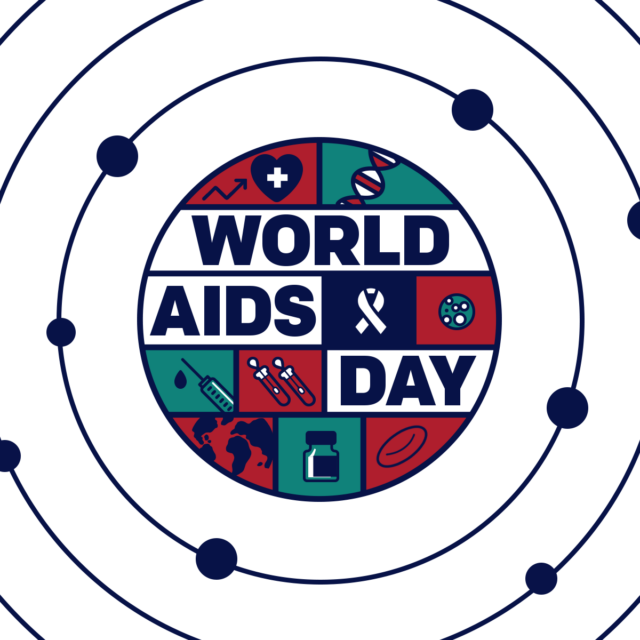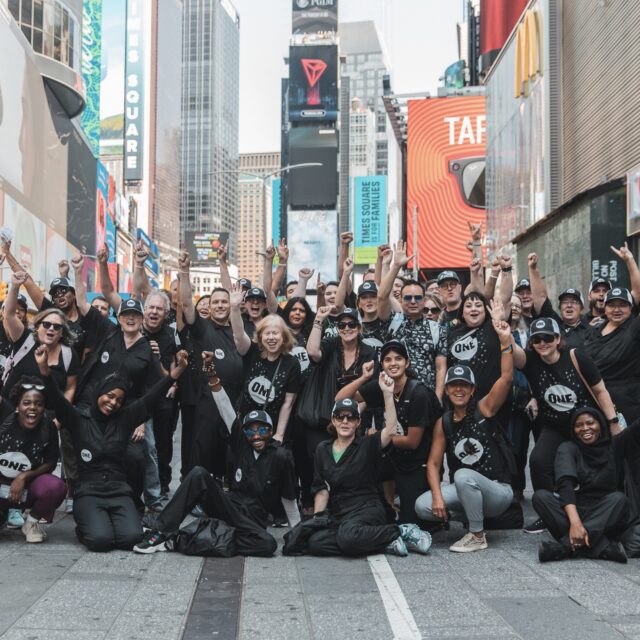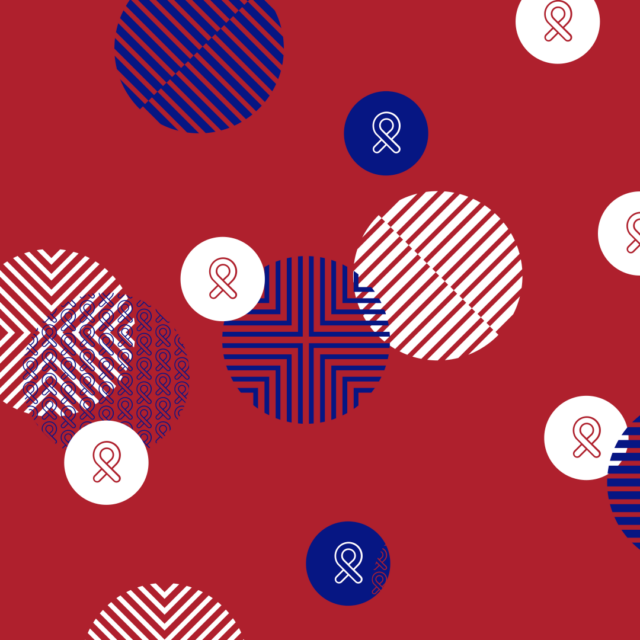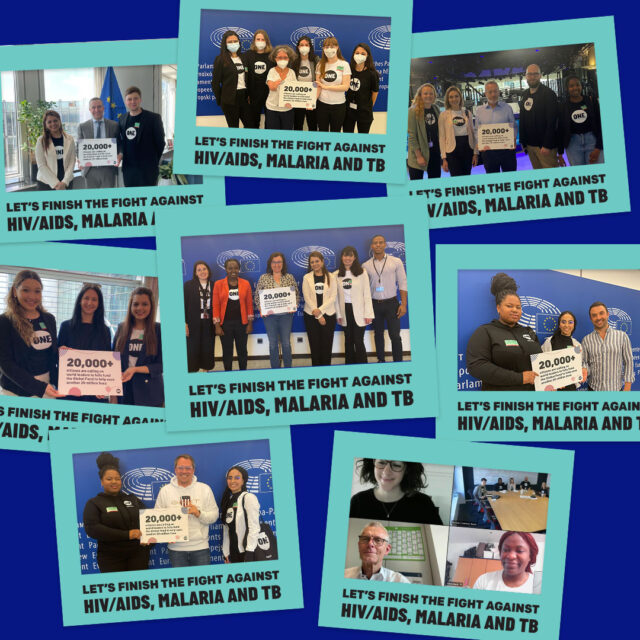Two decades ago, HIV/AIDS infections were doubling each year and almost 4,000 people died daily from the virus.
Since then, the global response has come a long way and serves as a model of how to address a public health crisis. AIDS-related deaths have dropped by more than half since their peak in the early 2000s. And now, 27.5 million people have access to life-saving treatments.
But COVID-19 has severely impacted a lot of that progress, as the world battles twin pandemics.
As we mark World AIDS Day on 1 December, here are four updates you need to know about the fight against HIV/AIDS.
1. Despite major progress, challenges to fighting HIV/AIDS remain
The past two decades have seen major strides in the fight against HIV/AIDS. But the world is far from out of the woods. Many challenges remain, and they‘re being exacerbated by the COVID-19 pandemic.
There are still many barriers to HIV testing and treatment, leaving 10 million people who live with HIV without access to antiretroviral drugs. And even with the significant progress, HIV/AIDS continues to spread at an alarming rate. Just last year alone, 1.5 million people became newly infected.
2. Pandemic-related lockdowns are impacting access to HIV health services
Pandemic-related lockdowns are impacting everything, from children‘s education to the global economic recovery. But the pandemic is disproportionately impacting those most vulnerable, including those living with HIV/AIDS.
Lockdowns and social distancing measures have disrupted access to essential health services. The number of people reached by HIV prevention programs decreased by 11%, and HIV/AIDS testing through Global Fund-supported programs declined by 22% between 2019 and 2020. And an additional 37 million HIV tests could have been administered in 2020 if not for the pandemic, according to the Global Fund.
With less access to preventative measures and programs, more people are at risk of becoming infected with HIV/AIDS.
3. Inequalities that increase the risk of infection have deepened
Economic vulnerabilities, such as poverty, have been recognized as drivers of HIV transmission, and the COVID-19 pandemic is exacerbating them. The pandemic has already pushed an additional 97 million people into extreme poverty in 2020 alone, and poverty can exacerbate populations‘ vulnerability to HIV/AIDS.
As inequalities and poverty continue to increase within vulnerable populations, so does their risk of contracting HIV/AIDS, leading to more infections in years to come.
4. Those living with HIV are twice as likely to die from COVID-19
Vaccines are crucial to mitigating the effects of COVID-19, and they‘re even more important for those living with HIV/AIDS.
Early findings from studies conducted in South Africa and England suggest that those living with HIV are twice as likely to die from COVID-19. They are also more vulnerable to contracting other severe diseases. Widespread COVID-19 vaccination can change that — but the majority of people with HIV/AIDS live in regions with limited access to COVID-19 vaccines. For example, 70% of people living with HIV/AIDS are in sub-Saharan Africa, where less than 5% of the population has received at least one dose of the COVID-19 vaccine.
The world must prioritize fair and equal access to vaccines. Global vaccine equity will not only end the pandemic faster, but also significantly impact the lives of those living with HIV/AIDS.
As the world continues to fight twin pandemics, one thing remains clear: none of us are safe until all of us are safe. Join us in demanding a more equal and just world for all.



